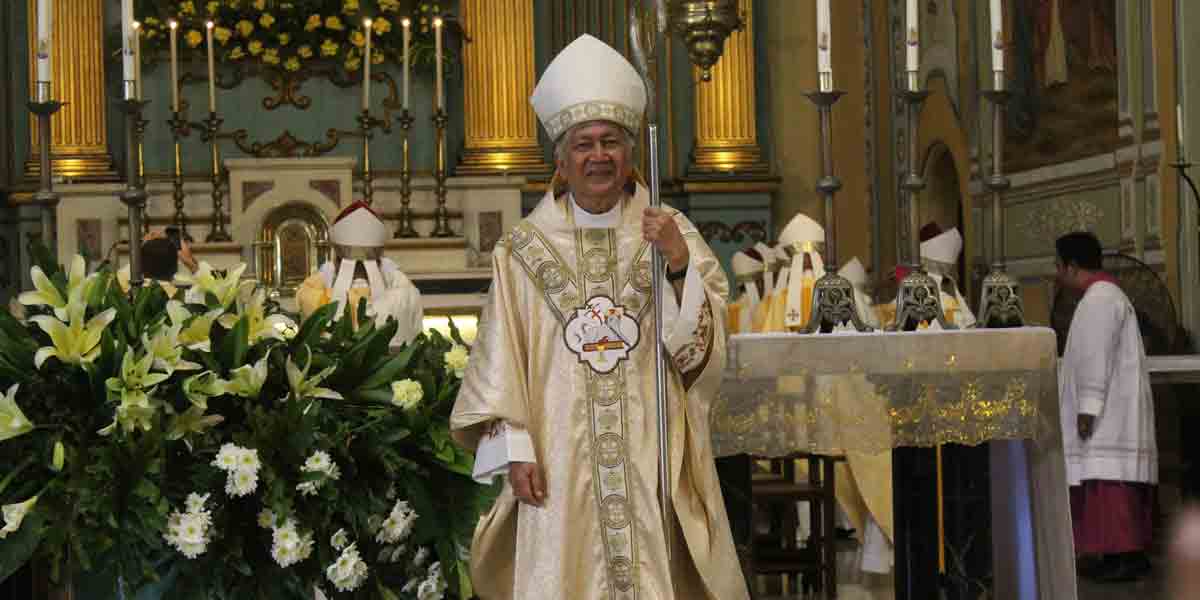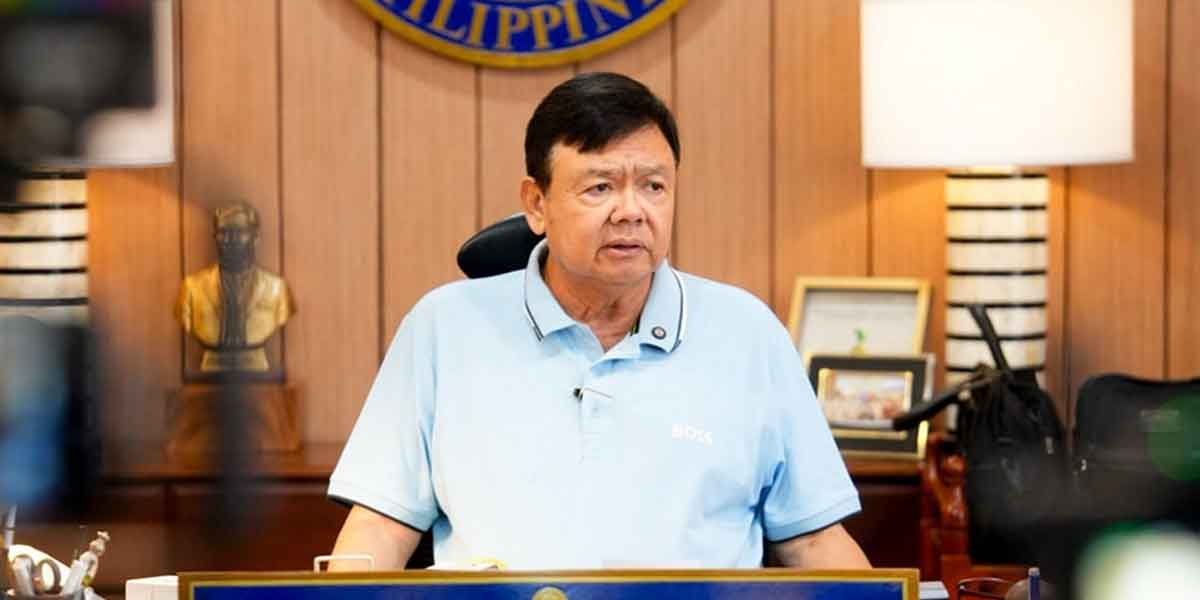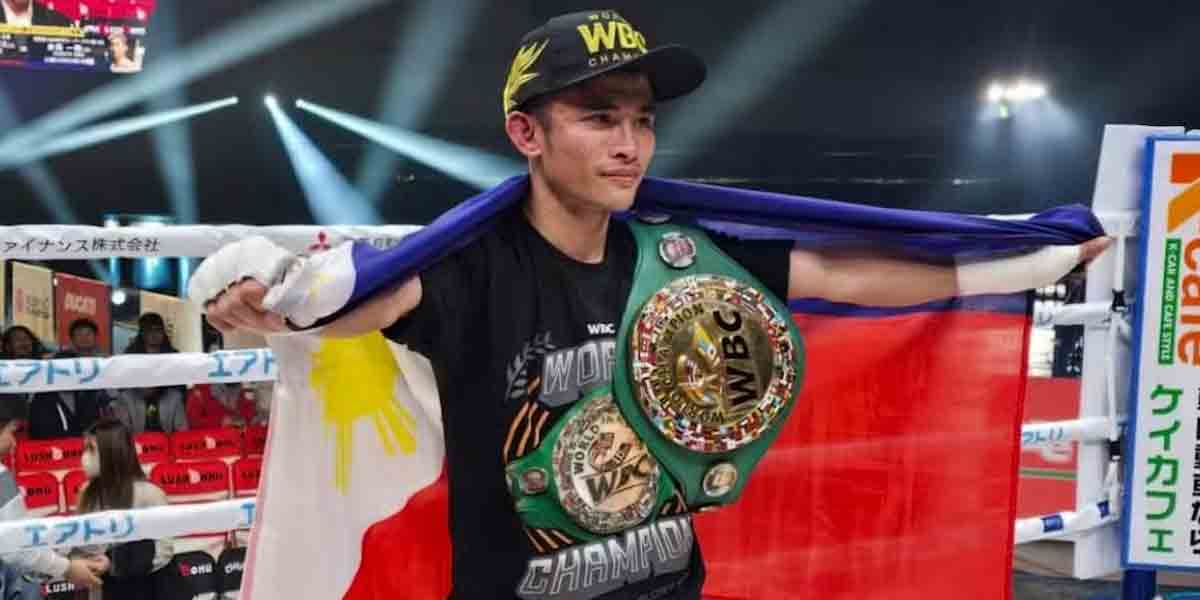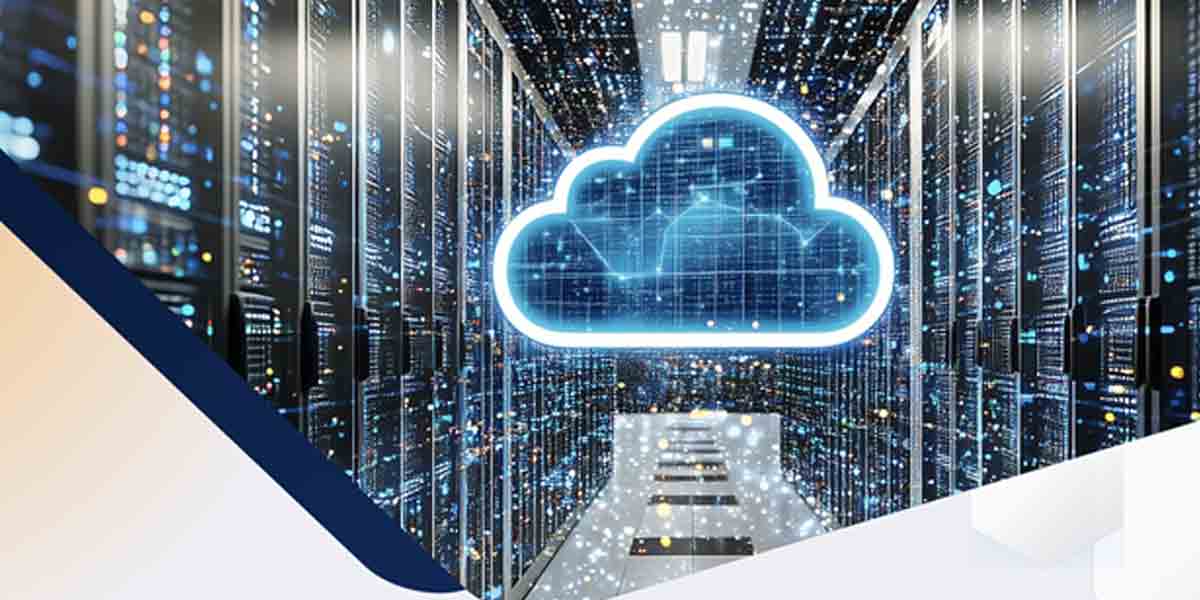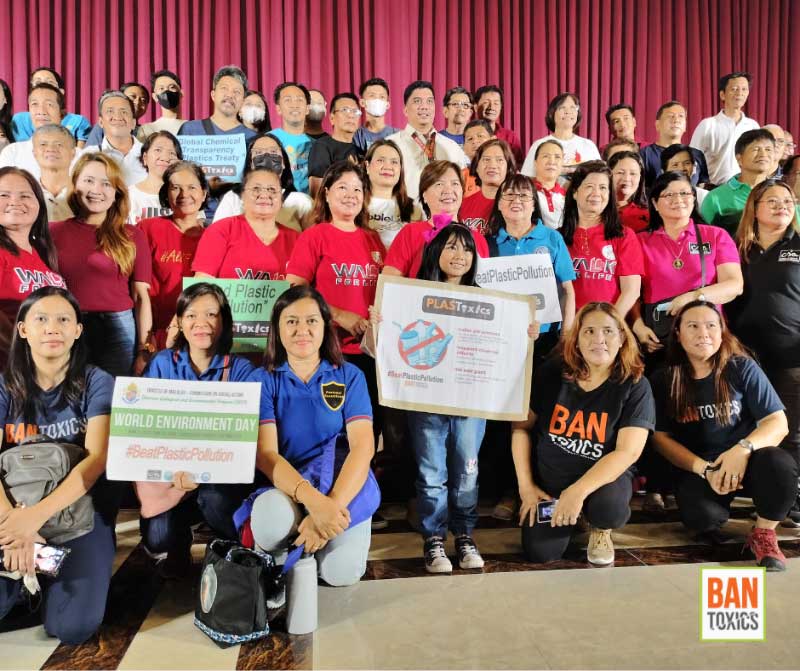Environment watchdog group BAN Toxics held a symbolic “walk for creation” on June 5 to emphasize the urgency of people’s actions on plastic pollution in time for World Environment Day.
The walk started from Barasoain Church to La Consolacion University Philippines (LCUP) in Malolos, Bulacan, in partnership with the Diocese of Malolos – Commission on Social Action, Diocesan Ecological and Environmental Program, Knights of Columbus, Diocesan Commission on Youth, Catholic Women’s League, Commission on Evangelization, Basic Ecclesial Community, teachers and students of LCUP and Bulacan State University.
The group also conducted an awareness raising hyflex conference to discuss among the participants the problems and solutions to end plastic pollution. These include the needed support for a global plastics treaty and to encourage the public to reduce plastic waste generation.
Highlights of the program included the sharing of Laudato Si, talks about toxic chemicals in plastics; from the Department of Education, the role of schools to prevent plastic pollution; and the efforts to promote toxics-free and waste-free school campaigns of the organization.
Ma. Victoria San Juan, a grade 2 student of Miriam College Grade School, shared her outreach activity to help save the environment and protect mother earth.
Global Plastics Treaty
BAN Toxics and various environmental organizations have participated in the recently concluded second session of the Intergovernmental Negotiating Committee to develop an international legally binding instrument on plastic pollution that includes the marine environment held in Paris, France. The negotiation aims to address the entire life cycle of plastics from design to production and disposal.
“We welcome the outcome of the international negotiations in Paris last week to produce the “Zero Draft” for the first international, legally binding treaty on plastic pollution, which calls to curb plastic production,” said Jam Lorenzo, Policy and Research Associate, BAN Toxics.
“BAN Toxics pushes for a transparency requirement for chemical constituents in plastics. Proper labeling and disclosure of chemicals used in the production of plastic can contribute towards pollution reduction, resource efficiency, and the promotion of the public’s right to information and their capacity to make informed decisions,” Lorenzo added.
The environmental group has also been calling for the reimagination of the design of plastic products, both chemically and physically, by putting in place minimum sustainability criteria, polymer and toxic additive restrictions, recycled content targets, common criteria for unnecessary, avoidable, and problematic plastics, and reuse and refill requirements.
BAN Toxics supports the call for full transparency information about chemicals in manufactured materials and products. It will pave the way for informed decisions for substitution work as well as bases for regulatory actions for hazardous additives and plastic types.

